History of the Modern Tire
Whether it’s the price of gas, the people you spend time with, or the level of satisfaction you have with your job, one thing in life is certain, things change. It may not be a surprise your vehicle, the way it works, and how much it costs has changed significantly over the years. But have you ever thought about how much tires have changed?
 Before air was introduced into tire designs, they were covered in wood, iron, solid rubber, and even leather. Although these weren’t the most shock absorbent materials, they provided durability and grip. It took many years to develop the tires we use today. Let’s look at tires and how they have progressed through the years.
Before air was introduced into tire designs, they were covered in wood, iron, solid rubber, and even leather. Although these weren’t the most shock absorbent materials, they provided durability and grip. It took many years to develop the tires we use today. Let’s look at tires and how they have progressed through the years.
The modern tire was patented in 1847 by Robert Thompson but had little success. At the time, consumers preferre ...[more]
4 Things About Tires You May Not Have Known
Tires all look sort of the same…round and black…and people tend to think tires don’t change much over the years. That’s really not true, though – engineers and designers are constantly working on advances in tire designs for more miles, better fuel economy and better performance.
Here’s a rundown of current trends in tire technology you may not have been aware of:
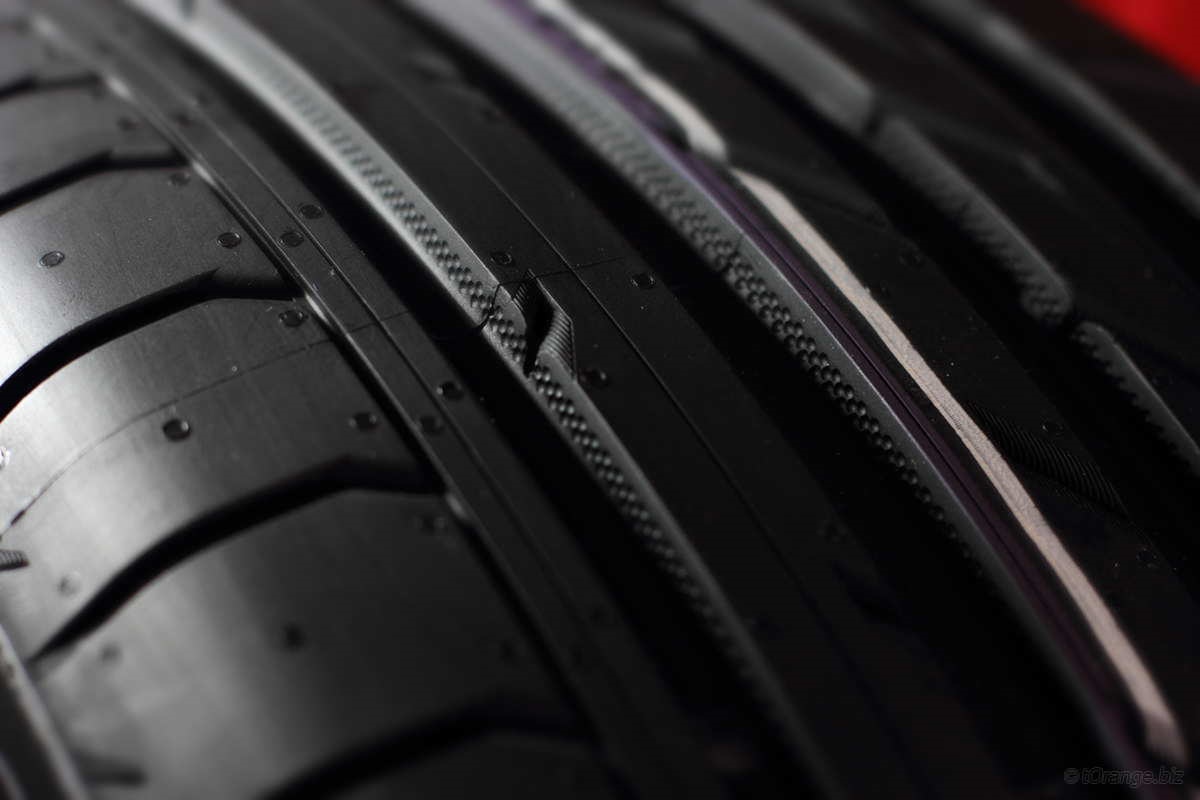
- Tall, skinny tires are coming back. If you’ve ever ridden a beach cruiser bike vs. a racing bike, you know that skinny tires have lower rolling resistance. Carmakers are going in that direction, too – the BMW i3 electric/plug-in hybrid uses Bridgestone Ecopia tires, with higher inflation pressure and a taller, skinnier profile. Tall, skinny tires also redu ...[more]
Mixing Tires – Bad Idea
In a perfect world, all four tires would wear out at the same time. In the same perfect world, everyone would be able to afford a whole set of tires all at once. Unfortunately, things often just do not work out that way.
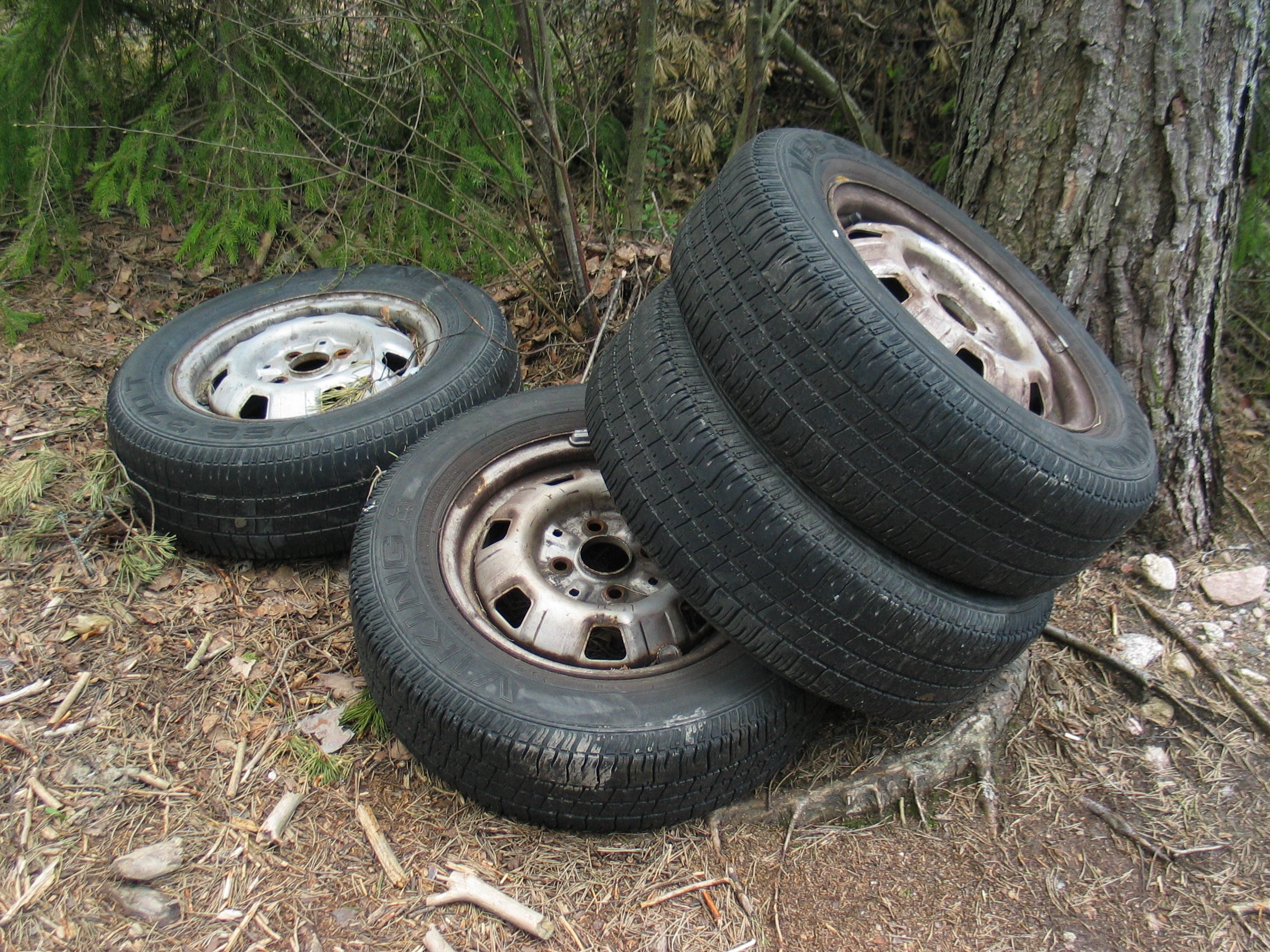
Sometimes you may just have to replace tires as you can afford them, one or two at a time, but there are some important things to bear in mind if you have to do that.
If you can only afford to replace one or two tires, it’s essential that you go with tires that are identical (or at least as close as possible) to the car’s remaining tires. That means that internal construction, size, tread pattern and design should be close to the same. Don’t mix winter tires with all-season tires, don’t mix run-flat tires with ...[more]
Get The Most Out Of That Set Of Tires
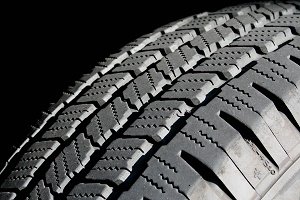
Don’t Forget Your Spare
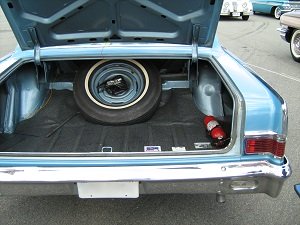
Are All-Season Tires Really All-Season?
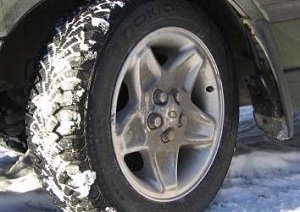
Do Your Homework on Tire Safety
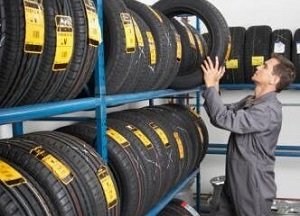
Seven Things You Need To Know About Tires
We often see customers who are a little overwhelmed by the tire buying process. There are so many types of tires for different vehicles and different driving styles, all at different price points. Here are a few things every driver needs to know about tires:
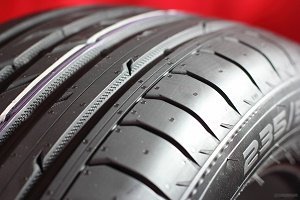
· A tire is constructed from the inside out, starting at the inner liner. There are 20 to 25 different components in every tire; fabric belts are wrapped around the inner liner, with steel belts, more fabric belts and other materials layered between the tread surface and the inner liner. These layers provide strength, noise suppression and ride quality.
· Newer low-profile tires are popular with many drivers, if only for aesthetic/style reasons. It’s important to know low-profi ...[more]
What Makes All-Season Tires So Great?
So your closet has a pair of flip-flops for the summer, a pair of heavy boots for the winter, and a comfortable pair of sneakers for most of the rest of the year. If you live in a climate that doesn’t have harsh winters, you might just be able to wear those sneakers year-round...and all-season tires are the equivalent of your comfortable sneakers.
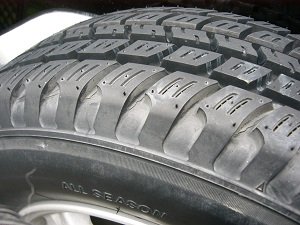
So what makes all-season tires so special?
Winter tires are excellent for severe conditions like heavy snow and even ice. They feature specially-designed tread patterns and “sipes”, hundreds of tiny slits which offer biting edges for traction in snow. This means shorter stopping distances, better handling and better control in winter weather. Winter tires are not d
esigned for temperatures above 40 degrees Fahrenheit. The dow ...[more]
